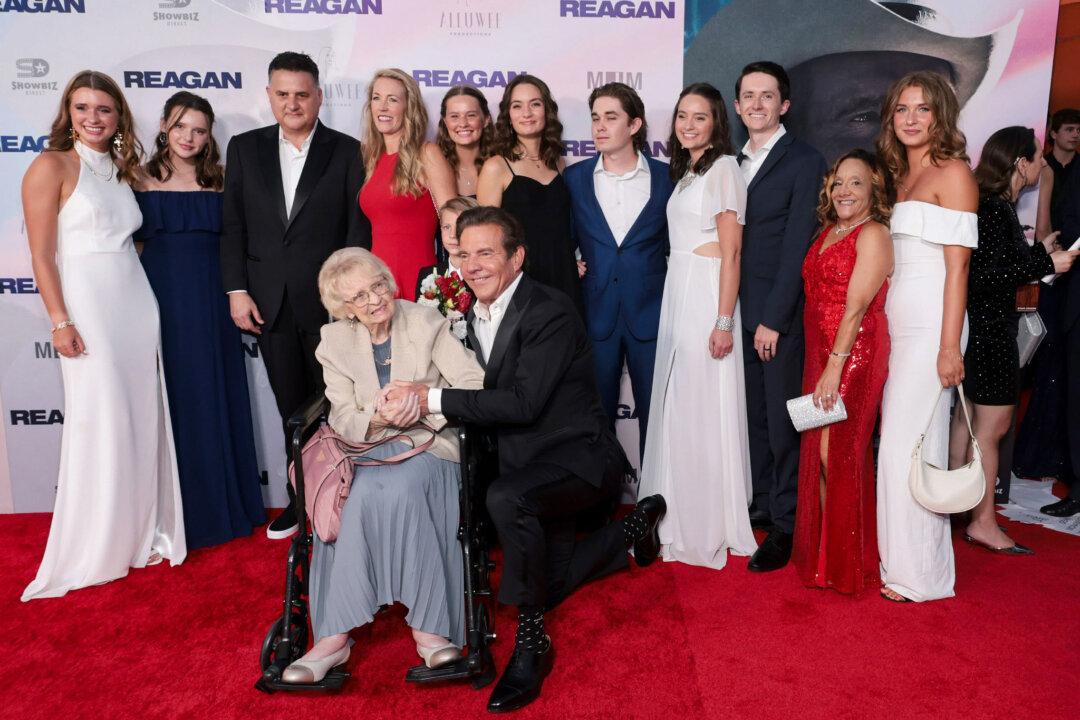In the wake of Harvey Weinstein’s conviction for rape and subsequent imprisonment nearly four years ago, the highest court in New York grappled with the potential reversal of the landmark #MeToo-era verdict during oral arguments on Wednesday.
Mr. Weinstein’s legal team pressed the state’s Court of Appeals to invalidate the film producer’s 2020 conviction, contending that the trial judge, James Burke, compromised Mr. Weinstein’s right to a fair trial through rulings perceived as unduly favorable to the prosecution, effectively transforming the proceedings into a one-sided affair.





